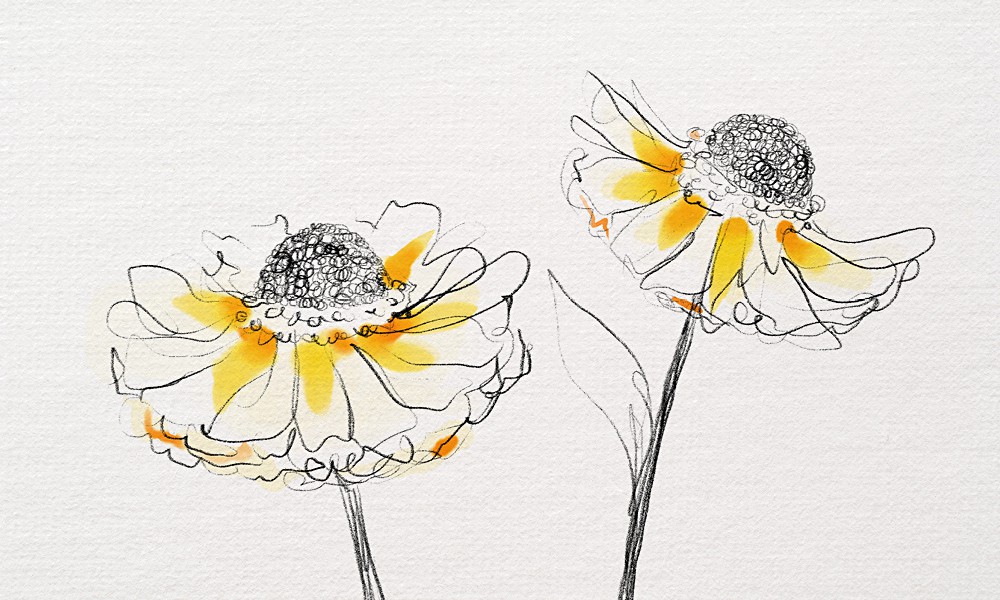The Voluntary Assisted Dying Act 2021 (the Act) was passed by the Queensland Parliament in a historic vote on 16 September 2021 and received royal assent on 23 September 2021.
This made Queensland the fifth Australian jurisdiction to legalise voluntary assisted dying (VAD), joining Victoria, Western Australia, South Australia and Tasmania. The VAD scheme will become operational on 1 January 2023.
This article is the second of a series that will provide practitioners with a breakdown of what to expect once the VAD Act comes into operation in Queensland. This article focuses on the liability of medical practitioners.
Medical practitioner liability
Under the VAD Act, trained medical practitioners with the requisite experience will be able to assess a patient’s eligibility to access VAD, and prescribe a medication to cause their death. There are a number of regulatory requirements enshrined in the legislation to protect both the person accessing VAD and VAD medical practitioners. Significant penalties also exist for non-compliance with the legislation.
Initiating discussions about VAD
Health care workers, in the course of providing a health service or personal care to a person, are prohibited from initiating a discussion with the person that is in substance about VAD, or in substance suggests VAD to the person.1 Only a medical practitioner or nurse practitioner can discuss VAD with a person, and must only do so if, at the same time, the practitioner also informs the person about:
- the treatment options available to the person and the likely outcomes of that treatment, and
- the palliative care and treatment options available to the person and the likely outcomes of that care and treatment.
However, a health care worker is not prevented from providing information about VAD to a person at the person’s request.2
Telehealth services and Commonwealth carriage laws
The Act includes a number of provisions that support fair and equitable access to the VAD scheme for people living in regional, rural and remote Queensland. These relate to:
- medical practitioner eligibility
- enabling nurse practitioners and registered nurses to act as an administering practitioner in areas with fewer medical practitioners
- supply of the VAD substance via a Statewide Pharmacy Service, and
- a Statewide Care Navigator Service to support and provide information across Queensland.
A key consideration for delivering health services in regional, rural and remote communities in Queensland is access to telehealth services. Queensland’s telehealth program enables patients to receive medical care via telecommunication technology, reducing the need to travel for specialist advice.
However, under ss474.29A and 474.29B of the Commonwealth Criminal Code Act 1995, it is an offence to use a carriage service for suicide-related material and it is an offence to possess, control, produce, supply or obtain suicide-related material for use through a carriage service.
Access to information and advice about VAD is critical to the operation of the scheme, particularly in Queensland as it is a large and decentralised state. It is unclear whether providing information and advice about VAD via telehealth services by telephone, videoconference, email or other forms of electronic communication will contravene the Commonwealth criminal provisions.3
The Queensland Government has written to the Commonwealth Government requesting amendments to ss474.29A and 474.29B of the Criminal Code Act 1995 (Cth) as they relate to using a carriage service for suicide-related material. However, the Commonwealth Attorney-General’s office has indicated that the Commonwealth has no plans to amend these offences.4
As such, there remains some uncertainty as to the operation of the Commonwealth carriage laws. QLS has previously advocated that the Commonwealth amend the Criminal Code Act 1995, or in the alternative, issue prosecutorial guidance to provide medical practitioners with certainty as to their criminal liability under the Commonwealth criminal provisions.
Other offences
The Act contains a number of other offences relating to:
- the unauthorised administration of a VAD substance to another person
- dishonestly or by coercion inducing another person to make, or revoke, a request for access to VAD
- dishonestly or by coercion inducing another person to self-administer a VAD substance
- giving the Voluntary Assisted Dying Board false or misleading information
- making false or misleading statements in a form or other document
- falsifying documents, and
- unauthorised recording or disclosing of personal information.
Protection from liability
While the Act introduces a number of new offences, it does provide protection from liability for persons assisting access to VAD, or who are present when a VAD substance is administered, where the person acts in good faith. In particular, s147 of the Act states that criminal liability does not attach to a person only because:
- the person, in good faith, does an act or makes an omission that assists another person who the person believes on reasonable grounds is requesting access to or accessing voluntary assisted dying in accordance with this Act, or
- the person is present when another person self-administers or is administered a voluntary assisted dying substance under this Act.5
Importantly, the onus of proof in respect of subsection (a) above attaches to the person alleging that a person did not do an act or make an omission in good faith.6
Mandatory reporting obligations
There is no express provision in the Act that requires health practitioners to notify the Australian Health Practitioner Regulation Agency (AHPRA) of any breaches of the Act by another medical practitioner.
However, nothing in the Act prevents the making of a mandatory notification or voluntary notification about a person under the Health Practitioner Regulation National Law 2009 (Qld). Health practitioners will still be required to make a mandatory notification in relation to ‘notifiable conduct’, which includes “practising the profession in a way that constitutes a significant departure from accepted professional standards”.7
Independence of the practitioner from the person
Health practitioners must also be aware that, to be eligible as the person’s coordinating practitioner, consulting practitioner, or administering practitioner under the VAD scheme, the practitioner must not be a family member of the person requesting access to VAD; and must not know or believe that they (a) are a beneficiary under a will of the person requesting access to VAD, or (b) may otherwise benefit financially or in any other material way from the death of the person requesting access to VAD, other than by receiving reasonable fees for the provision of services as the coordinating practitioner, consulting practitioner or administering practitioner for the person.8
For the purpose of the Act, a ‘family member’ includes the person’s spouse, parent, grandparent, sibling, child or grandchild, and is also taken to include a person who is regarded as such under Aboriginal or Torres Strait Islander custom or tradition.9
These provisions are consistent with existing professional obligations and work to ensure that there is no conflict of interest between the practitioner and the person requesting access to VAD.
For more information about the operation of the Act, see our earlier article. Read the previous article in this series, A closer look at the VAD Act: Superannuation and insurance.
Brooke Thompson is a Queensland Law Society Policy Solicitor.
Footnotes
1 Voluntary Assisted Dying Act 2021 (Qld) s7.
2 Ibid s7(3).
3 Queensland Law Reform Commission report, page 634.
4 Lydia Lynch, ‘VAD medics face $220k telehealth fine’ (The Australian, online, 23 June 2021).
5 Voluntary Assisted Dying Act 2021 (Qld) s147(1).
6 Ibid s147(3).
7 Health Practitioner Regulation National Law 2009 (Qld) s140.
8 Voluntary Assisted Dying Act 2021 (Qld) s82-83.
9 Ibid sch.1, ‘family member’.














Share this article